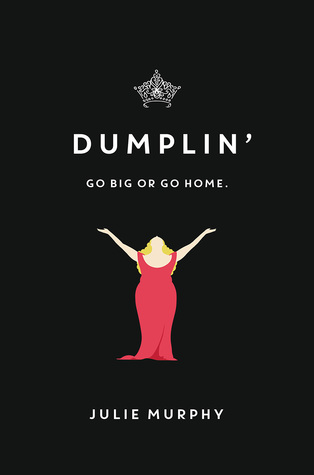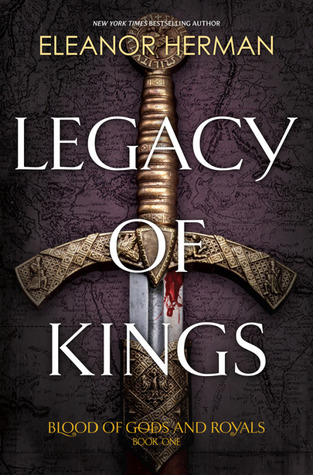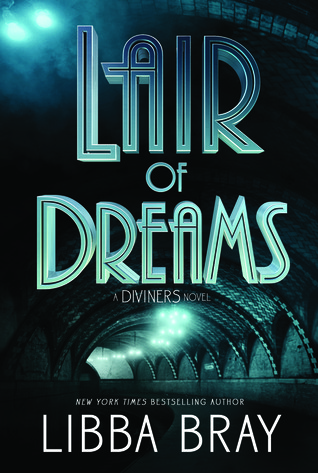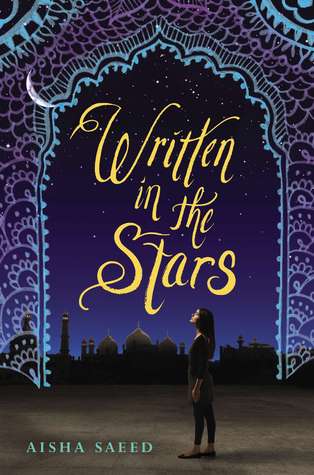Julie Murphy
Series: N/A
Genre: Young Adult, Romance, Contemporary
Release Date:September 15th, 2015
Publisher: Balzer + Bray
Rating: 4.25 out of 5 stars
Goodreads | Amazon | Book Depository
Willowdean Dickson might have introduced herself to her coworker as "resident fat girl" (she also threw in cashier and Dolly Parton enthusiast) but one of the beauties of her character lies in the way she is not just pigeonholed into one type of fat representative -- she is not the timid, hates-her-body all the time girl who shrouds herself like some kind of villain but she is not the has-no-cares girl either who will remind you just how perfect her size makes her. She is a real character, not a trope.
Willowdean isn't the only character with any kind of "flaw" here. In fact, one of the main focuses of the novel is that Will competes is a local beauty pageant -- a pretty big, important local pageant which her mom is in charge of running and has been since I believe 1997 (or at least that was the year she won) -- and Will's decision to compete, as a not-typical looking competitor, prompts three other not-so-typical looking girls from her high school to emerge from the woodwork and compete, and they form this sort of band of misfits with Willowdean. One of these girls, Millie, is overweight to a much greater degree than Willowdean -- specifically "Millie is that girl, the one I am ashamed to admit that I've spent my whole life looking at and thinking, Thing could be worse. I'm fat, but Millie's the type of fat that requires elastic waist pants because they don't make pants with buttons and zippers in her size."
I thought this was a really important thought to showcase because even though Willowdean herself is one of the ostracized, she still has her own prejudices and throughout the book unlearns them. When she uses Millie to think that things could be worse, it's like assuming things are bad as they are, for either of them, even though Millie is the happiest, most optimistic character in the book. She also has the most confidence too. She sings a song on a ukulele to ask a boy to be her date for their schools Sadie Hawkins dance and when Willowdean hears her immediate reaction is to cringe but Millie's friend relays that he said yes in an "of course" sort of tone, because why should her appearance take precedence over the grandness of the gesture? Likewise, another girl in the group, Amanda, has uneven legs and wears corrective shoes and Will is surprised to learn she's very talented at soccer, and athletic enough to play for a team. Hannah, rounding out the group, has uneven teeth, and has been compared to a horse at school, and Will, in her internal monologue, even says to herself that if she doesn't want to fix them she shouldn't have to, but still eventually asks why she never did, out of curiosity.
None of these questions or reactions make her a bad person, just someone learning that people are more than meets the eye. In fact, I think this book does a wonderful job with body positivity. There's the fact that Murphy doesn't use the overweight characters as the comic relief or the inspirational speeches or the butt of the jokes or any of the tired tropes we've seen again and again. They're just friends girlfriends and characters and yes, their weight does affect their lives like when Will is so terrified to move forward with Private School Bo because the thought of him touching her fat terrifies her or when she has issues with her formal dress for the pageant but those are just realistic problems thrown in based on who the characters are and Will is fat so of course it's gonna have a little impact on her life. Like someone telling her that doing a pageant is "brave," to which she thinks
"But I don't want it to be brave. I want it to be normal."Which is probably my favorite line in the book, honestly.
I felt like the characters were so realistic and the writing was genuine and the combination of the two things just made the book great. Murphy managed to create a great cast of characters; I'm so far down in the review and I haven't even mentioned Mitch or El, and I only barely mentioned Bo. The romance in this story was so well constructed and I didn't feel like I was reading a typical love triangle of "will she pick this boy or this boy" but a real life story of friendship and more than friendship and lines and love. I liked the personalities of both of them and they are honestly sweet people and that's all I'll say on the boys. As for El, the friendship relationship was one of my favorite aspects of the story because I was wondering, like Willowdean, whether they truly were growing apart as people and were destined not to be friends. It was a truly emotionally wrecking experience and I may or may not have shed many tears at the end of this book. I just felt like it was so relatable -- the jealousy of sharing your friend, the hurt when their friend who you hate gets information about their life before you do, the sense of encroachment when something was supposed to just be yours and now its theirs too but they'll do it better. Some of Willowdean's emotional outbursts felt so juvenile but they felt so unexplainably real.
As for the writing, Julie Murphy truly captured the spirit of a small Texas town and put it into this book. It's a light read, you could 100% just sit and read it all at once, and you would probably want to. It's cute, it's fluffy, there's some deadpan humor, and one of the characters calls a boy Peachbutt consistently, so get yourselves a copy ASAP.
(Also, I find it fitting that last night was the Miss America pageant and 500% of me definitely watched it and 900% of me was definitely rooting for Miss Alabama because her nickname was Egg McMuffin and I deeply resonate with that)
- Noor
Marlon's Dumplin' Review
Rating: 4 out of 5 stars
Dumplin' is awesome. It's sweet, hilarious, provocative, and so well balanced.
The absolute best thing about the novel is its message, carried mainly by its protagonist, Willowdean. If for some reason you don't know what this book is about, it's a body positivity-book. Willowdean regards herself as a fat girl, and has the will and confidence to own that image in a society that actively tries to shame it, and through her the novel tries to lay out the nuanced world of body-positivity.
What drove the novel, for me, was the characters. They felt, for the most part, honest. Willowdean, for example, is not pressed into the role of preacher for body-positivity, nor is she its perfect mascot. While she exudes confidence in herself and is often the one to help her friends (like, giving them advice about having sex) she has grown up with harsh beauty standards and can be problematic herself: she spends a lot of the book being thankful that she's at least not as fat as one of her peers, Millie. Really, none of the characters (except for maybe Mitch and to an extent Bo) are pressed into roles that lack nuance. Ellen, for example, is Will's best friend but she hardly fulfills the best girlfriend cliche, and they have a complex, realistic friendship like normal, real human females. Honestly, I felt their relationship was more important than ones with Bo and Mitch, but those, I guess, were necessary for the novel to show that any girl can fulfill the YA love triangle between hot muscular athletic guy and hot loner guy. And while those other relationships did feel real, they were stretched and made into such a huge part of the book that it was hard for me to get a good feeling for the other subplots, and contributed to an overall pacing issue. In the end, it just made me frustrated with Will and the boys, even though the main romance is built with an honest friendship and feels great.
As for the writing, this novel is hilarious. Will, when she turns up the sass, is probably one of my favorite protagonists to be in the head of. It's brilliant, because there are no moments when people's bodies are used for comedic effect, which, in a piece about bodies, would have been pretty simple for a less considerate author. The descriptions are good, the narrative voice is good, the dialogue is some of the best I've read all year . . . the writing is just very spot on. The plot is fluid and complex, focusing on dead aunts, boys, pageants, dying friendships, and so forth, and it is consistent.
The fault, for me, with the book is the nigh unholy pacing. The central action promised in the blurb happens in the second half of the book. While the book certainly can be read quickly, as the scenes transition fluidly and are generally concise, there is just so much before the pageant that it becomes confusing, and there are no real milestones because the novel deals with several subplots at once. Then the pageant happens quickly. The pacing felt rather awkward this way.
That said, I still highly recommend Dumplin'!
What do you love most about yourself?
Let us know in the comments!













